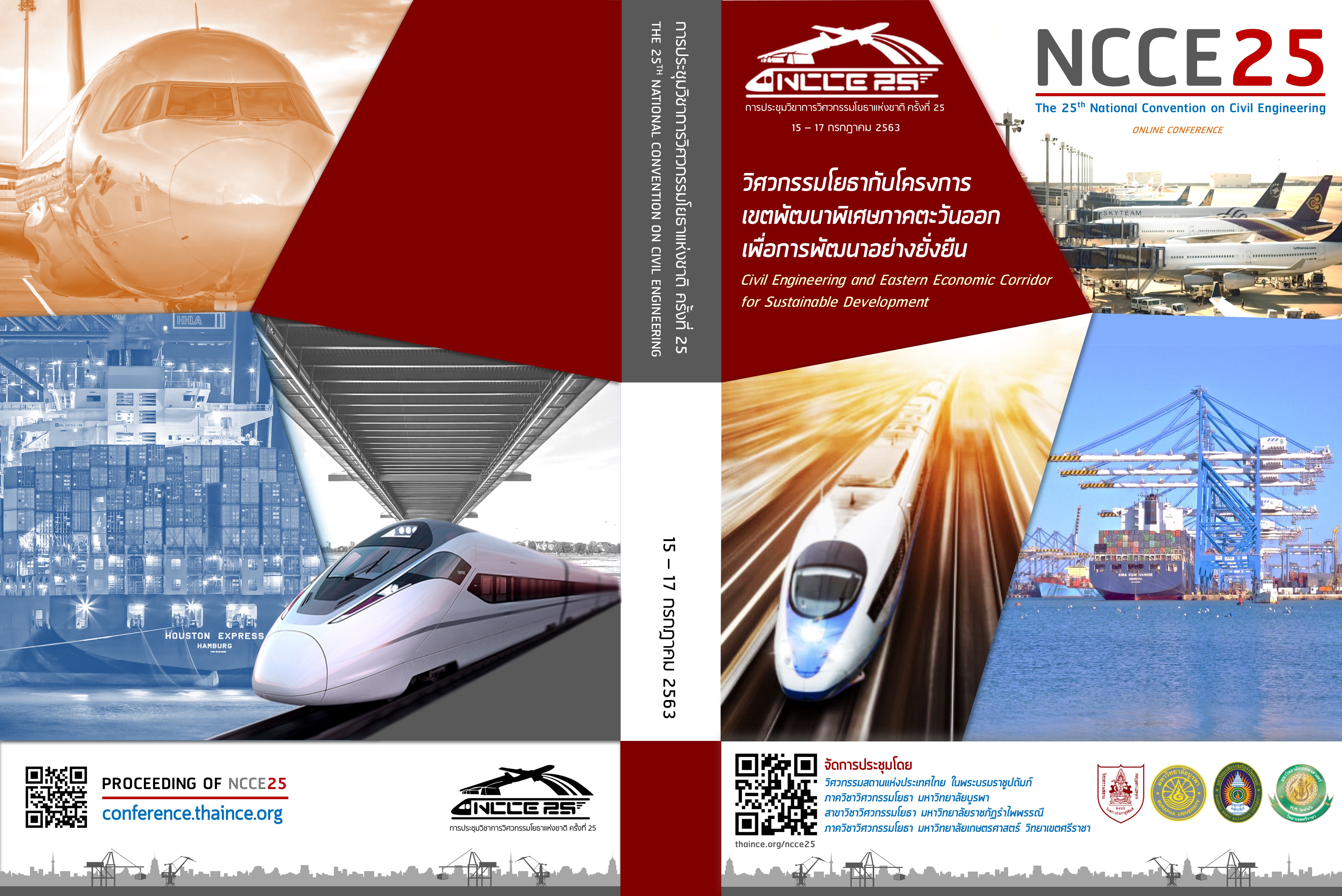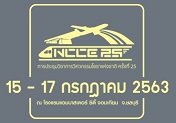Modeling Behavior of Car-Sharing Platform: A Case Study of Motorcycle Taxi Users in Bangkok Metropolitan Area
Keywords:
Travel behavior choice, ฺBinary Logit model, Motorcycle-sharing, Motorcycle taxiAbstract
Motorcycle taxi is the popular and important mode of transport in Bangkok due to its high flexibility, accessibility and convenience, especially the rush hours. It is also well serving as the feeder system to the main mass rapid transit line. However, the motorcycle taxi services in Bangkok are facing several problems such as the unreliable fare rate, unavailability during the peak hours and non-safe driving behavior of service providers. The motorcycle-sharing service is, therefore, served as the effective alternative to the traditional one and is expected to help enhancing the livability and the quality of life of people living in Bangkok. This research aims to analyze the factors influencing the behavior of motorcycle taxi passengers and to determine the underlying mechanisms that make them shift their modal choice to a motorcycle-sharing service. Our 372 samples are selected from passengers who use motorcycle taxi as a feeder to mass rapid transit systems (BTS and MRT) in the central business area of Bangkok. The analysis is implemented based on the stated preference approach and the binary logit model based on a random utility theorem. We found that the factors that significantly affect the selection of motorcycle-sharing are gender, age, income and the availability of motorcycle license. On the other hand, the ownership of motorcycles and private cars have the adverse effect on the preference of motorcycle-sharing. The accuracy of prediction based on our binary logit model is 73.43% with the adjusted-R2 of 0.2504. Our results can be used to design the appropriate schemes of fare system trading-off the increment in the travel time with the reduction in the travel cost, or vice versa, to stimulate the attractiveness of a motorcycle-sharing service.
Downloads
Downloads
Published
How to Cite
Issue
Section
License
บทความทั้งหมดที่ได้รับการคัดเลือกให้นำเสนอผลงานในการประชุมวิชาการวิศวกรรมโยธาแห่งชาติ ครั้งที่ 25 นี้ เป็นลิขสิทธิ์ของ วิศวกรรมสถานแห่งประเทศไทย ในพระบรมราชูปถัมภ์



